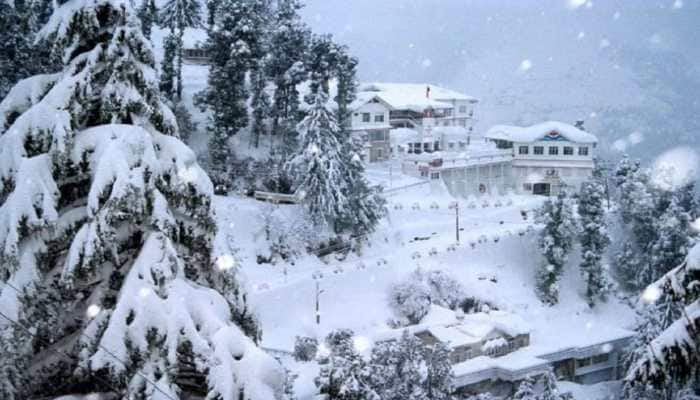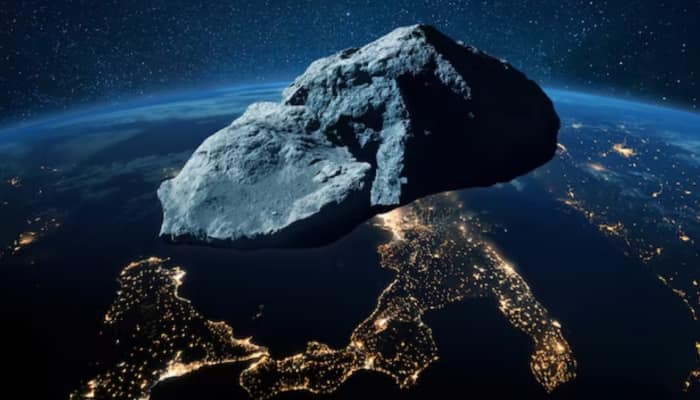Japan lets first evacuees live in nuke no-go zone
For the first time since Japan`s nuclear disaster three years ago, authorities are allowing residents to return to live in their homes within a tiny part of a 20-kilometer (12-mile) evacuation zone around the Fukushima plant.
Trending Photos
)
Tokyo: For the first time since Japan`s nuclear disaster three years ago, authorities are allowing residents to return to live in their homes within a tiny part of a 20-kilometer (12-mile) evacuation zone around the Fukushima plant.
The decision, which took effect today, applies to 357 people in 117 households from a corner of Tamura city after the government determined that radiation levels are low enough for habitation.
But many of those evacuees are still undecided about going back because of fears about radiation, especially its effect on children.
More than 100,000 people were displaced by the March 11, 2011, nuclear disaster, when a huge earthquake and ensuing tsunami led to meltdowns at the Fukushima Dai-ichi plant. Many of them are still living in temporary housing or with relatives, and some have moved away to start life over elsewhere.
Areas within the evacuation zone have become ghost towns, overgrown with weeds.
Visits inside the zone had previously been allowed, and about 90 people already live in the area with special permission, according to Tamura city hall.
New stores and public schools are planned to accommodate those who move back.
"People want to go back and lead proper lives, a kind of life where they can feel their feet are on the ground," said Yutaro Aoki, a Tamura resident who works for a nonprofit organisation overseeing the city`s recovery. Much of Tamura lies outside the evacuation zone. The city has a population of 38,000, including evacuees living in temporary housing.
Evacuees now receive government compensation of about USD 1,000 each a month. Those who move back get a one-time USD 9,000 as an incentive. The monthly compensation will end within a year for residents from areas where the government decides it is safe enough to go back and live.
The radioactive plume from the Fukushima plant did not spread evenly in a circle and so some areas outside the 20-kilometer zone are still too unsafe to live.
Decontamination on an unprecedented scale is ongoing in Fukushima. Some places may not be safe to live for decades.
Stay informed on all the latest news, real-time breaking news updates, and follow all the important headlines in india news and world News on Zee News.
Advertisement
Live Tv
Advertisement







)
)
)
)
)
)
)
)
)
)
